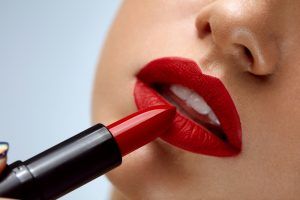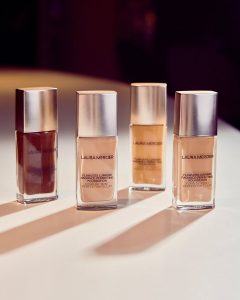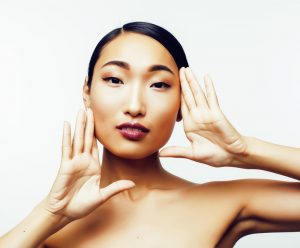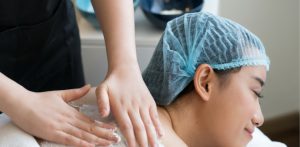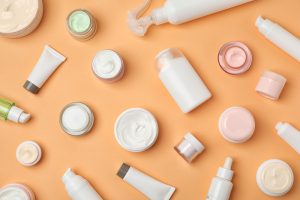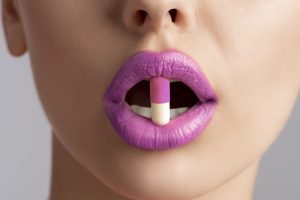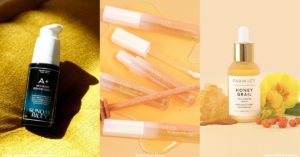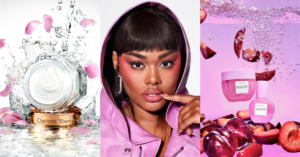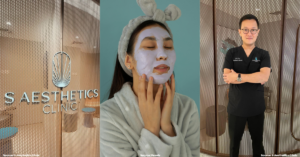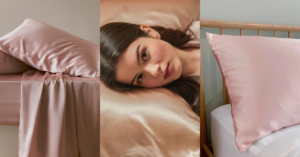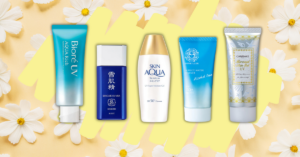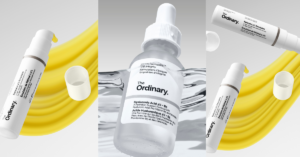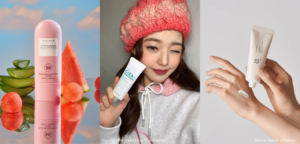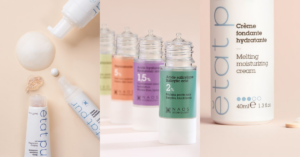Skincare
Is your Anti-Oily Skin Routine Ruining Your Skin?
Even if you have oily skin, you still need moisturizer. According to New York dermatologist Melissa Kanchanapoomi Levin, MD, moisturizers...
By: Dedet Panabi / February 27, 2019
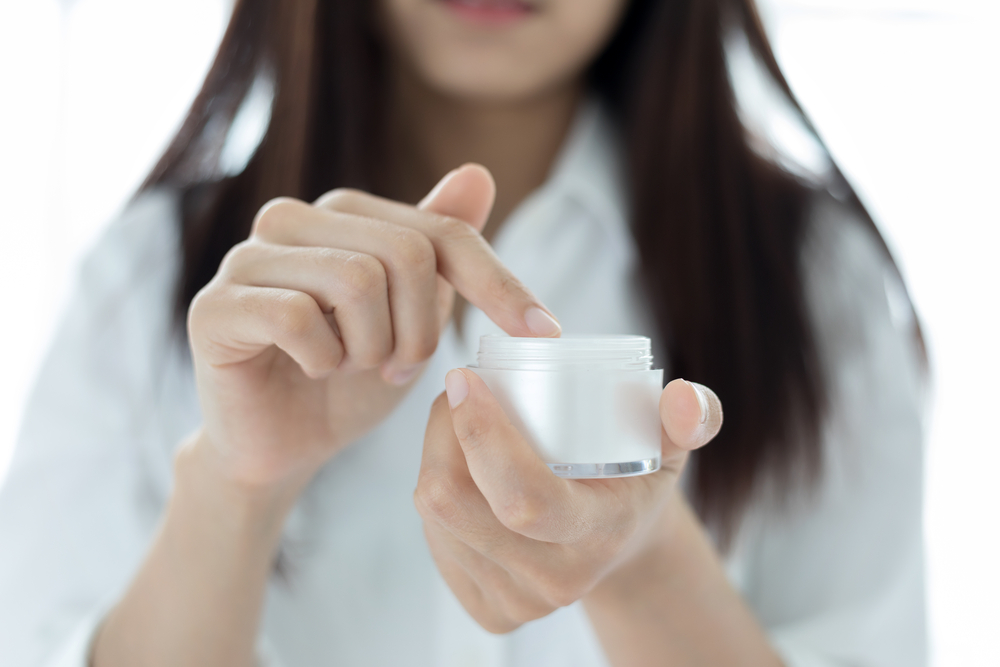
Even if you have oily skin, you still need moisturizer. According to New York dermatologist Melissa Kanchanapoomi Levin, MD, moisturizers protect your skin’s upper layers. “Not only does our skin naturally lose the ability to retain the moisture and protective lipids and oils in the skin with the natural aging process, but our daily activities such as washing the face and using acne products can further dehydrate the skin.”
Acne products can also dry out the skin, causing other skin problems. “I tell my patients that dry acne is just as bad as oily acne,” says Levin. Instead of skipping moisturizer, look for creams that are specially formulated for oily skin.

Contents
Hydration vs. Oil
Hydrated skin is healthy skin. When your skin loses moisture, it actually produces more oil (which leads to more pimples). It’s also more prone to inflammation or redness, so any breakouts look worse.
Hydration means water, and just because your skin has a lot of oil doesn’t mean it has enough water. So when you shop for moisturizers, look for hydration rather than heavy creams. Stay away from mineral oil, cocoa butter, lanolin, and petrolatum. Look for hydrating ingredients like glycerin, hyaluronic acid, aloe, and squalene. These help your skin stay supple ands trong, but won’t add or trap oil in your pores.

Always choose certified non-comedogenic products
“Non-comedogenic” means that it doesn’t clog pores, and big beauty brands need to submit products for testing to be able to put this on their labels and marketing campaigns.
But that phrase can be thrown around very carelessly. Technically speaking, your neighbour can buy ingredients and make her own DIY mask at home, then package and sell it online. She can label it as natural and organic and say she’s using oils that don’t clog pores. It can work for a lot of people, but as a consumer, you need to know you’re taking a risk whenever you buy something from an unfamiliar brand or seller.
“If you have very sensitive, very oily, or very acne-prone skin I think it is best to stay on the safe side. Get prescription products from dermatologists or choose highly reputable brands that will go through clinical trials,” says Levin.
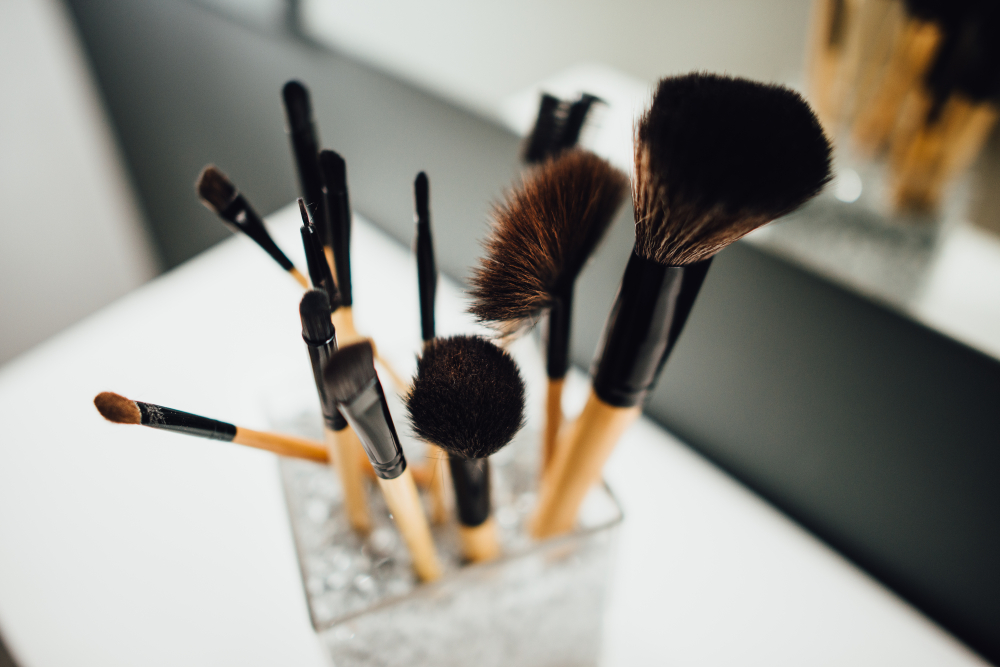
Don’t blame moisturizers – wash your hands makeup tools!
It’s not the oils that cause acne, it’s the clogged pores. If you get a breakout, don’t just blame your moisturizer. Other habits can cause skin to clog up and develop whiteheads and blackheads. As for deep acne, these are actually infections caused by bacteria.
If you have oily skin, you need to avoid anything that can lead to breakouts. Instead of heavy makeup, get non-comedogenic makeup and apply with clean fingers or sponges. “Most women don’t clean their makeup tools often enough,” says pro makeup artist Sarah Go. Pros disinfect brushes and sponges after every use, but we can go for weeks without washing the sponge in our finishing powder or BB cream compact.
You also need to be careful when you apply skincare products. Wash your hands well, and use a clean spatula or brush whenever you apply masks. “If you have oily skin, don’t avoid creams – avoid bacteria,” says Levin.

Aim for Balance
Many acne treatments work by removing or controlling oil, and fading acne scars with acids and skin brighteners. However, they can dry out the skin. They’re good and effective, but they do have side effects that you need to balance out.
If you always use an oil-controlling mask, then add a hydrating face mist to your routine. If you’re drying out pimples with spot treatments, make sure you’re also moisturizing dry spots in your face. If you’re using a lot of acids and ingredients like tea tree oil, soothe any irritation with a water-based sleeping mask or serum that reduces redness and irritation.
There’s a yin and yang to balancing skincare so you control oil without losing important hydration. Don’t obsess over oils and pimples without forgetting that your skin needs moisture to fight other problems like fine lines and sagging.

